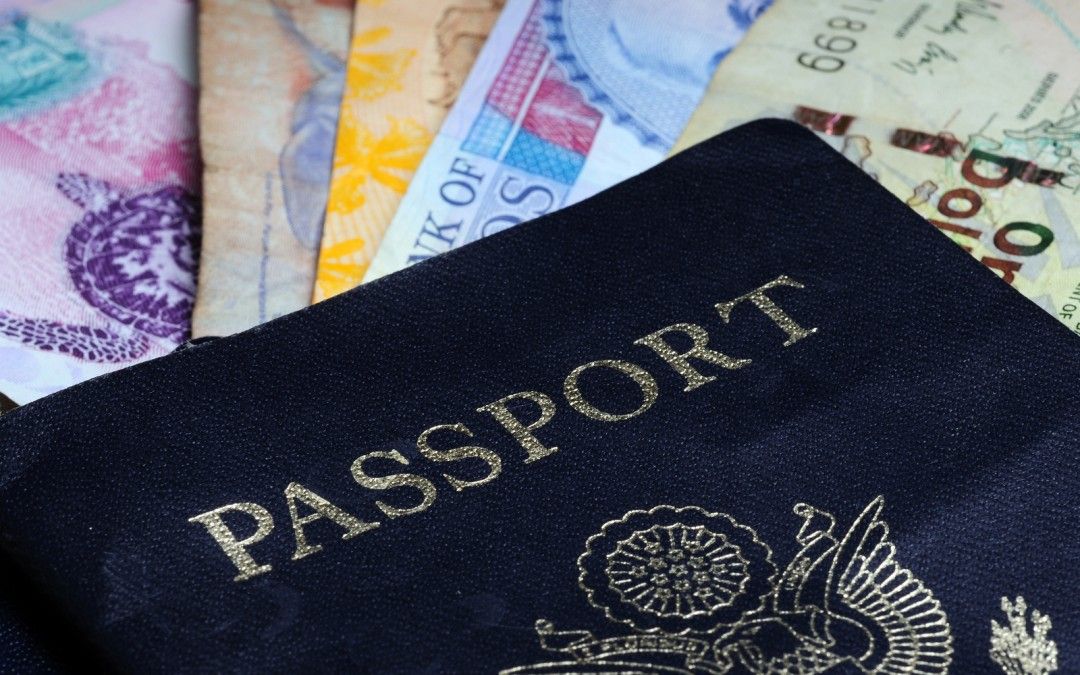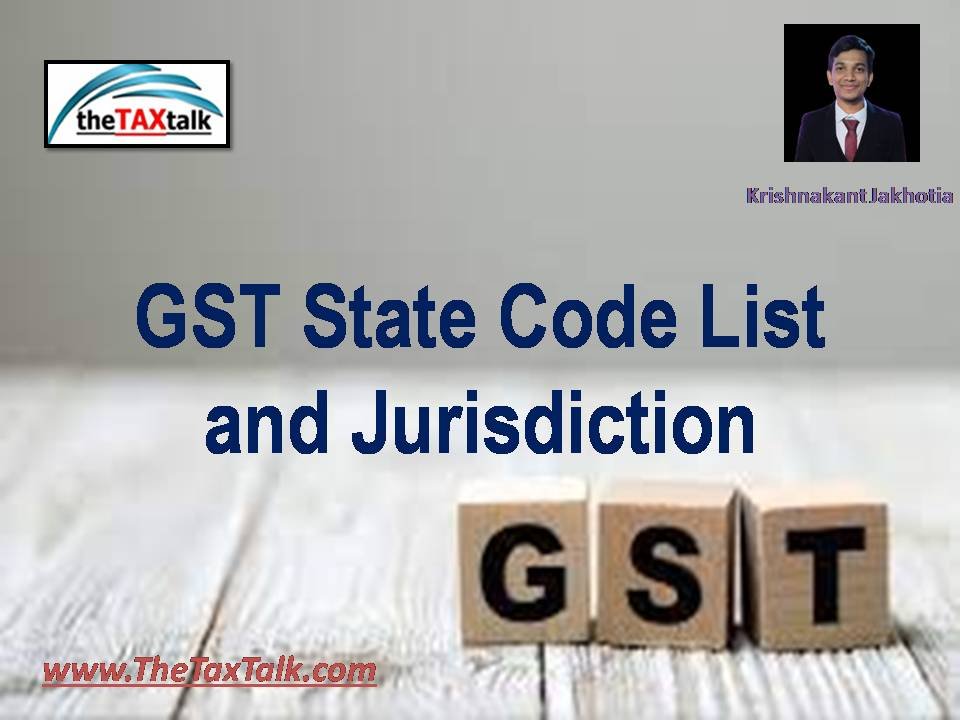We live in a globalized world, and people often work in one country while retaining the citizenship of another. U.S. expats often work abroad, earning income overseas. Their foreign-earned income may be exempt from their U.S. taxes, at least to an extent.
You may exempt some of your foreign income by claiming the foreign earned income exclusion. This rule allows U.S. citizens living and working abroad to exempt some of their earnings from being taxed in the U.S. up to a certain extent. What is important to understand is exactly how the IRS defines foreign income. Many people might be working overseas, but their income might not be considered “foreign earned,” and they may not exempt any income from their taxes. To claim this exclusion, you need to file a specific form when you file your taxes. Form 2555 is key to properly utilizing this exemption. Taxes are confusing no matter how you slice it, and you should speak to our tax accountants if you are not sure of your tax obligations.
For help preparing your foreign income tax exemption, call US Tax Help at (541) 362-9127, and ask our team about your foreign income.
Exempting Foreign Income From Your Taxes
In the United States, citizens must pay taxes on their worldwide income. This includes any income earned in the United States and income derived outside the country. For example, if you live and work abroad, you are still obligated to pay your U.S. taxes even though you do not live here.
While taxes are notoriously complex, they can be particularly mind-boggling when citizens are earning income overseas. Not only are you still obligated to pay your U.S. taxes, but you might also have tax obligations in your country of residence. As if paying taxes once was not bad enough, now you might have to do it twice.
You should be happy to know that foreign-earned income may be exempted from your U.S. taxes, at least to a certain limit. It is best to speak to our tax accountants about your income and working situation, as not all income you earn abroad might be considered “foreign earned” by the IRS. On top of that, not all your foreign-earned income may be excluded. This rule has limits, and you can only exclude a certain amount of income, which is adjusted each year for inflation.
What Kind of Income May Be Exempt From Your Taxes
As mentioned before, not all income you earn while living and working overseas might not be considered foreign-earned income. The law describes specific forms of income that may be excluded as foreign-earned income.
According to the IRS, foreign-earned income includes salaries, wages, fees, or other money paid to you for services or goods. The income must come from a source within the foreign country where you work and live. For example, if you move to another country to work for a foreign company, your income may be considered foreign-earned income. However, if you work overseas for a company based in the United States, your income might not be foreign-earned even though you are living abroad when you earn it.
It is also worth noting what kind of income is not considered foreign-earned and is ineligible for the exemption. Any pay you receive as a military service member or civilian employee of the armed forces is ineligible. Pay for services in international waters is ineligible. Pay delivered after the end of a tax year after the year in which services were actually provided is ineligible. Pay typically excluded from income (e.g., meals, lodging, transportation) is ineligible. Finally, pension and annuity payments, including those for Social Security benefits, are ineligible for the foreign-earned income exclusion.
Each year, the limit on how much of your foreign-earned income may be exempt is adjusted for things like inflation. For the tax year 2022, the limit was $112,000 per person. For 2023, the limit was increased to $120,000 per person. If two people are married, and each have foreign-earned income, they may exclude up to $240,000 for 2023. Many people do not earn six figures a year, and their entire salary might be exempt if it is all considered foreign-earned.
How to Claim Tax Exemptions for Foreign Income
If you have foreign-earned income eligible for exclusion, your next task is figuring out how to use it to your advantage. Taxpayers sometimes mistakenly believe that when income is excluded, it does not need to be reported to the IRS. This is untrue. Do not conceal any income from the IRS without talking to a professional tax accountant first. Your income, though excludable, must be reported to the IRS.
Claiming the tax exemption requires filling out specific forms. Form 2555 is required to claim the foreign-earned income exclusion. While normal tax deadlines apply (the regular deadline for U.S. taxes is April 15), you should be mindful of other deadlines. You might have to submit tax forms in the country where you live, and you should talk to our team about how and when to file.
What to Do if You Are Unsure of How to Handle Foreign Income on Your Taxes
It is understandable to be unsure how to handle your tax situation when you are a U.S. citizen living and working in a different country. Trying to navigate tax exclusions and exemptions might be overwhelming. The IRS is not known for being understanding when people make tax mistakes, and you should talk to our tax accountants for help.
First, you want to make sure that you can claim this tax exclusion at all. Second, if you can claim this exclusion, you want to make sure you exclude the maximum amount of income possible. A tax accountant can help you make the most of this opportunity and claim the maximum income allowable.
Call US Tax Help Today for Help with Foreign Earned Income
For help preparing your foreign income tax exemption, call US Tax Help at (541) 362-9127, and ask our team about your foreign income.




